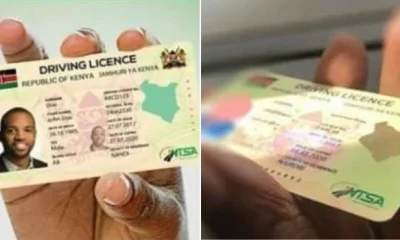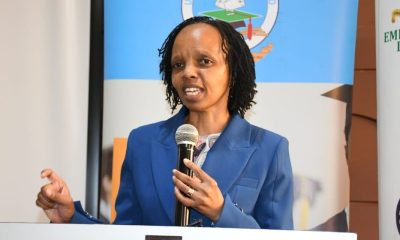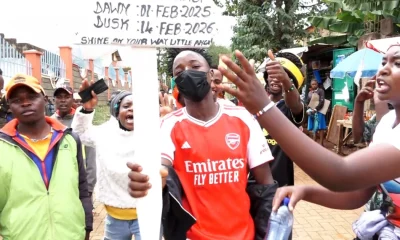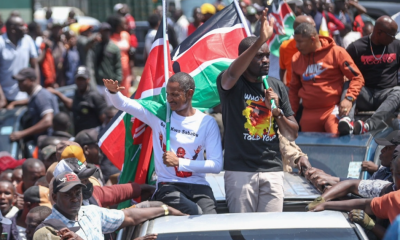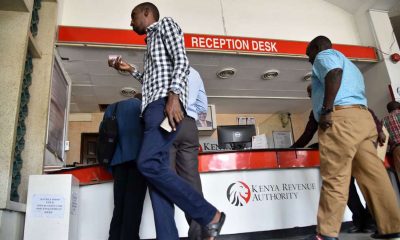Featured
SADC Declares Tanzania Election Unfair, Says Voters Could Not Express Democratic Will
DAR ES SALAAM, November 4, 2025 – The Southern African Development Community Electoral Observation Mission has concluded that Tanzania’s general election failed to meet regional democratic standards, citing widespread voter intimidation, abnormally low turnout, and suspicious ballot handling during the October 29 poll.
ALSO READ: “I Will Not Join Maskio Party Through Intimidation” – MP Wamuchomba Tells Gachagua Supporters
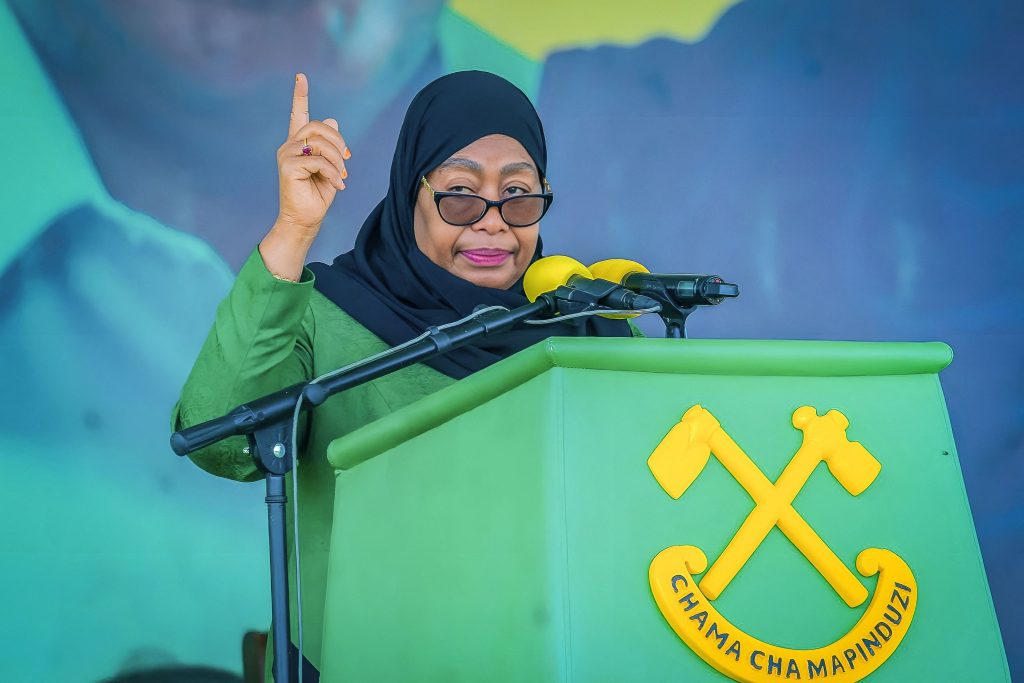
In a preliminary statement delivered by mission head Richard Msowoya, the former Speaker of Malawi’s Parliament, the 80-member observer team reported that voters in most areas were unable to freely express their democratic will during the two-day electoral process.
Security Forces Interfere with Observers
The SADC mission encountered significant obstacles while monitoring the election. Observers in Tanga were subjected to aggressive interrogation by security personnel, had their passports temporarily confiscated, and were forced to delete photographs from their devices despite carrying proper accreditation.
“It will suffice to highlight that it is a requirement of the SADC Principles and Guidelines that Member States facilitate the observation of the entire electoral cycle,” Msowoya stated, noting the departure from expected international norms.
Several stakeholders refused to share information with the mission, redirecting observers to the Ministry of Foreign Affairs instead of engaging directly with the electoral monitoring process.
Uneven Political Playing Field
The observation mission documented what it described as a fundamentally unbalanced electoral environment. The detention and trial of opposition leader Tundu Lissu of CHADEMA on treason charges, along with the disqualification of ACT-Wazalendo’s Luhaga Mpina, raised serious questions about the fairness of the contest.
“Some stakeholders viewed the arrests and disqualification as undermining the URT’s multi-party system by removing legitimate competition in the electoral process,” the report stated.
While 37.6 million voters were registered for the election—a 26.55% increase from 2020—observers noted remarkably sparse attendance at polling stations across the country. Some voting centers recorded no voters at all throughout election day.
Constitutional Barriers to Democratic Process
The SADC mission highlighted several constitutional provisions that restrict electoral fairness. Article 41(7) of Tanzania’s Constitution prohibits any court from challenging presidential election results, effectively eliminating judicial oversight of the country’s highest office.
Additionally, the constitution bars independent candidates from running for president, parliament, or local government positions, forcing all aspirants to join political parties regardless of personal preference.
“These provisions have the effect of limiting the individual’s freedom of association,” the observers noted.
Suspicious Voting Patterns Observed
Before internet connectivity was severed midday on election day, observers documented concerning irregularities. Multiple orderly stacked ballots were found in ballot boxes during voting hours, creating what the mission described as “a perception of ballot stuffing.”
The report indicated that individuals appeared to be casting more than one vote at a time, suggesting systematic attempts to manipulate results.
Armed police were present at 96% of polling stations, with some locations deploying more security personnel than voters. Major roads in Dar es Salaam were closed, and gunfire was reported in Mbeya, Dodoma, Arusha, and the commercial capital.
Internet Shutdown Hampers Observation
A complete internet blackout beginning around midday on election day prevented the SADC mission from collecting comprehensive data on closing and counting procedures. The connectivity loss also made it impossible for observers to access their electronic reporting systems.
“Due to protests in some areas and continued lack of internet connectivity, our Mission could not observe the closing and counting processes in most areas,” the preliminary statement explained.
The shutdown forced the mission to delay its standard practice of issuing findings within two days of the election.
Media Restrictions and Self-Censorship
State-owned media outlets devoted overwhelming coverage to the ruling Chama Cha Mapinduzi party, while private broadcasters engaged in self-censorship due to fears of license revocation, stakeholders told the mission.
Social media platforms were inaccessible during the campaign period and on election day, restricting citizens’ ability to share and receive political information.
Opposition parties struggled with limited visibility, which stakeholders attributed partly to donors’ reluctance to fund opposition activities due to potential government retaliation.
Gender Representation Concerns
Among 17 presidential candidates, only three were women. The mission noted persistent barriers including limited campaign financing, lack of mentorship opportunities, and entrenched patriarchal attitudes that discourage female political participation.
Cultural norms in rural areas favor married candidates over single youth, creating additional obstacles for younger aspirants seeking elected office.
Call for Constitutional Reform
The SADC mission urged Tanzania’s government and National Assembly to prioritize comprehensive constitutional review through an inclusive public consultation process. Key recommendations include permitting independent candidates, allowing judicial challenges to presidential election results, and enabling court review of electoral commission decisions.
“The Government and the National Assembly are urged to prioritize an inclusive process of the review of the Constitution,” the preliminary statement emphasized.
The mission appealed to Tanzanian citizens to channel concerns through legal procedures rather than resorting to violence.
A final comprehensive report will be issued within 30 days, following continued observation of the post-election period and results announcement process.
The SADC Electoral Advisory Council plans to return for a post-election review to assess implementation of recommendations and determine what regional support Tanzania may require to strengthen its democratic institutions.
Follow us on FACEBOOK
-

 Gossip6 days ago
Gossip6 days agoForeign Tourist’s Viral Uganda Video Ignites Social Media Frenzy Over “Intense Cultural Exchange”
-

 Gossip1 week ago
Gossip1 week agoWoman Unalives Herself On Facebook Live As Viewers Begged Her To Stop
-

 Gossip7 days ago
Gossip7 days agoFake Model Casting Agency Under Fire After Disturbing Video Goes Viral
-
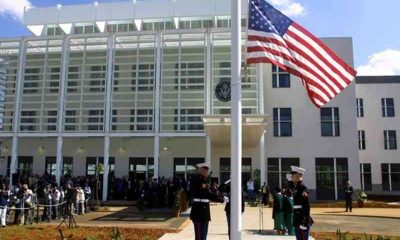
 Nairobi1 week ago
Nairobi1 week agoUS Embassy in Nairobi Closed Monday for President’s Day Federal Holiday
-
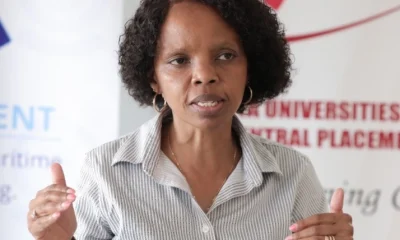
 Education7 days ago
Education7 days agoKUCCPS Releases Subject Requirements for All Degree Clusters: What Students Must Know Before Applying
-
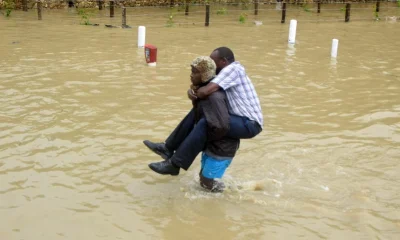
 Forecast1 week ago
Forecast1 week agoWill It Rain This Week? Heavy Downpours Expected in Central Kenya, Rift Valley and Coastal Regions
-
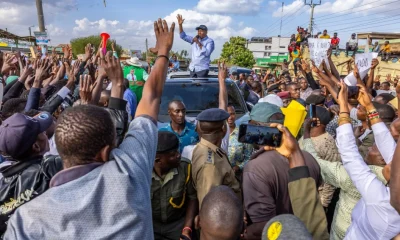
 News1 week ago
News1 week ago‘My Position is Safe’: DP Kindiki Shuts Down Political Speculation
-
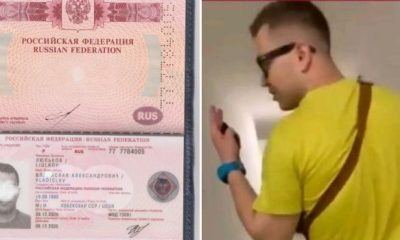
 Gossip4 days ago
Gossip4 days agoRussian Man’ Unmasked: Govt Officially Names Vladislav Luilkov in Non-Consensual Recording Scandal




